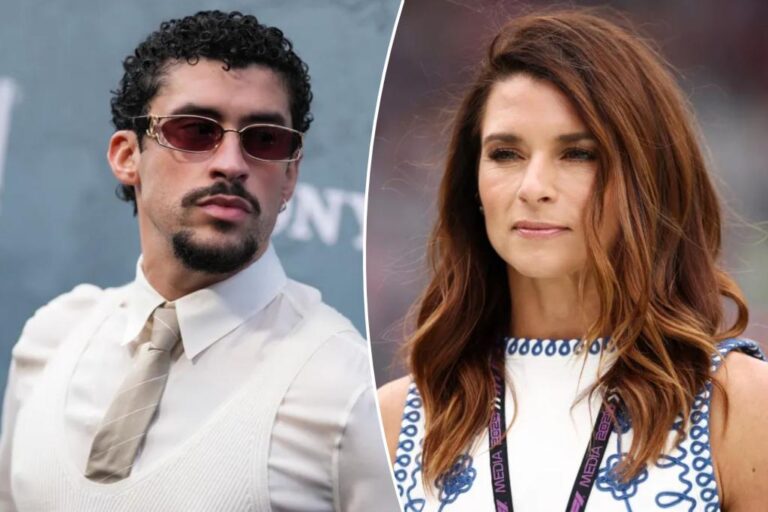Danica Patrick Critiques Bad Bunny’s Super Bowl Halftime Performance
Introduction
The anticipation for the Super Bowl 2026 halftime show has sparked debate, especially with the announcement of Puerto Rican rapper Bad Bunny as the performer. Former race car driver Danica Patrick has voiced her strong disapproval of this choice, citing concerns about the event’s cultural significance.
Danica Patrick’s Controversial Stance
In a recent post on X (formerly Twitter), Patrick expressed her disappointment over hosting Bad Bunny, whose real name is Benito Antonio Martínez Ocasio.
- Patrick’s Comment:
“Oh fun. No songs in English should not be allowed at one of America’s highest rated television events of the year … not just for sports.”
This statement highlights her belief that the Super Bowl, a major cultural event, should prioritize English-language performances.
Background on Bad Bunny
Bad Bunny is not only a Latin music sensation but also a culturally significant figure. He has previously faced challenges in the U.S. due to immigration concerns, even canceling tour dates over fears of potential ICE raids.
- Bad Bunny’s Concerns:
"But there was the issue of — like, f‑‑‑ing ICE could be outside [my concerts].”
His connection to these social issues reflects a broader narrative that resonates with many fans.
Critics and Supporters
Patrick’s Additional Remarks
Patrick didn’t stop at mere disapproval; she shared a post branding Bad Bunny a “demonic Marxist.” Her political views have often sparked debate, as she has actively campaigned for former President Donald Trump.
- Patrick’s Political Involvement:
Despite not voting in previous elections, she actively supported Trump during his bid for re-election.
NFL’s Defense of Bad Bunny
In defense of the choice, NFL executive Jon Barker emphasized Bad Bunny’s cultural impact:
- Barker’s Statement:
“Bad Bunny represents the global energy and cultural vibrancy that define today’s music scene. As one of the most influential and streamed artists in the world, his unique ability to bridge genres, languages, and audiences makes him an exciting and natural choice to take the Super Bowl halftime stage.”
This speaks to the evolving nature of music and its global influence, showcasing the demographic shifts within the NFL’s audience.
The Search for Talent
Despite rumors of pursuing pop icon Taylor Swift for the halftime show, the choice of Bad Bunny underscores a trend towards diversity in entertainment. This reflects the NFL’s recognition of shifting cultural preferences among fans.
Conclusion
As the Super Bowl 2026 approaches, the debate surrounding Bad Bunny’s performance will continue to unfold. With polarized views coming from figures like Danica Patrick alongside NFL executives, the halftime show promises to be a focal point in discussions about culture and representation in mainstream sports entertainment.
For more on Bad Bunny’s groundbreaking career, check out this article.
This article sheds light on the multifaceted conversations surrounding the Super Bowl 2026 halftime show, contributing to ongoing discussions about culture and representation in today’s media landscape.


